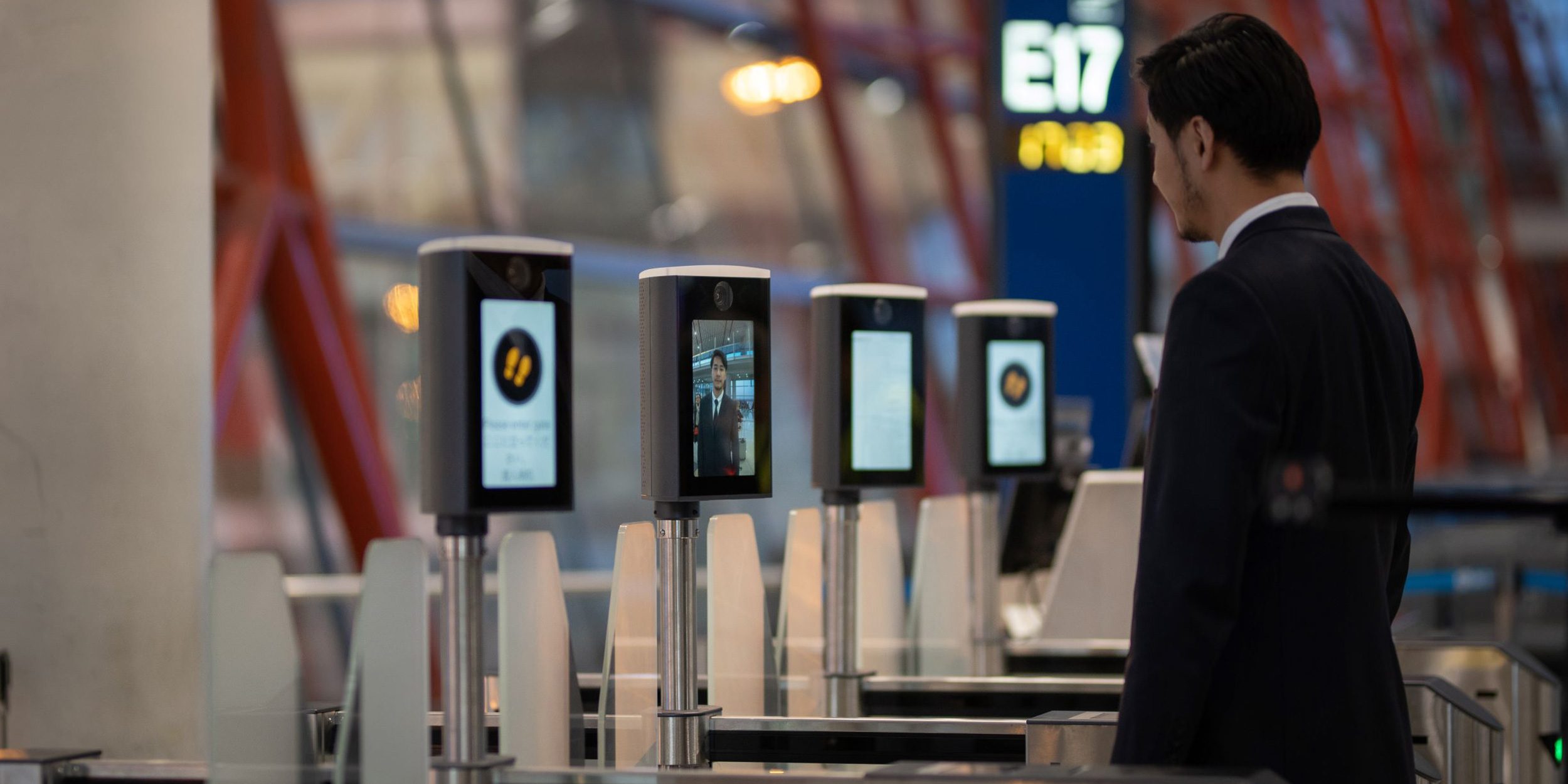July 30th 2025, 15:00 British Summer Time (BST)
London.
The market for passenger facilitation in airports is expected to be worth $15.8 billion in the 10-year period from 2024-2033. This is being driven by airport operators and their partners pursuing greater operational efficiency and excellence, with biometric and identity management increasingly playing a key role. Leading adopters clearly view such biometrically–enabled seamless journeys as a critical differentiator and are elevating customer satisfaction and loyalty to a higher priority. The commercial prospect for vendors is changing, with greater financial opportunity to be found on the services side, with renewable contracts for maintenance and related services forming an increasing proportion of market revenues.
Valour Consultancy’s report, entitled “The Seamless Passenger Journey in Smart Airports – 2025”, analyses the market for self-service and automation solutions in almost 3,900 airports worldwide, and found them to be increasingly used to process passengers. Report author John Devlin commented that “the challenges and pressures facing the sector have increased in the recovery period from the COVID-19 pandemic and they are looking for ways to do more for less. The market dynamics have changed, and the challenge is to work smarter and make the most of available resources. On the plus side, there are various initiatives and numerous investment programmes at play to modernise and expand what is a critical part of national infrastructures and contributing to those economies.”
236 new airports will come online through to 2033, taking the total to almost 4,100 globally, looking to futureproof operations and adding momentum to localised competition between airports for passengers and traffic. The majority of these are in Tier 3 (5-15m passengers per annum) and Tier 4 (<5m passengers) as networks and links are improved to better serve rising demand, improve connectivity and drive economies.
“OPEX is being optimised, and the return on investment improved, with more processes automated and self-service passenger touchpoints,” said Devlin. He added “check–in kiosks have been used for two decades and continue to evolve to meet modern passenger expectations and airline requirements in functionality, and self-bag drop units are available in three main form factors to encompass all use cases from low-end weigh, tag and drop through to full-service automated check–in and bag drop. eGates are a straightforward proposition for airside access at pre-security and are being more widely adopted for self-boarding, as well as beginning to be deployed for secure lounge access. Immigration has continued to go from strength to strength with biometric systems as the foundation for smarter border management.”
Modern customer expectations are for low friction, digital experiences and customer services. Innovative airlines are integrating digital ID into their passenger apps and services and airports can make the most of this with similar capabilities on-site. As well as making better use of available resources and reducing costs, they become more enjoyable destinations, and the knock-on effect is ancillary revenues from hospitality and retail are known to benefit from greater customer spend in the airport.
Valour Consultancy’s report found that the seamless proportion of market revenues will be increasingly significant, with the value of biometric-related solutions overtaking non-biometric for the first time in 2025. Devlin stated “in the next 10 years, biometric revenues for passenger facilitation will grow from 47% to 76% of total annual revenues as more airports and airlines modernise their processes. This will not serve 100% of the market but passengers are increasingly comfortable with biometrics in everyday life, and it has the benefit of freeing up resources to better serve those that need more assistance.” He continued, “this is clearly illustrated in our forecasts; revenues for touchpoint hardware, software, identity management and services are shown to increase by 93% to 2033. Whilst non-biometric touchpoints will grow in the short-medium term, peaking in 2029, they are limited and will decline across the period. By contrast, biometrics and identity management will ramp by 217% and will become the de facto standard.”
The report found that these solutions are scalable and able to benefit not just major airports but also regional and local airports. Self-service and automation may be the first step, selected on a case-by-case basis for individual touchpoints where the greatest benefit and need can be found. Such a modular approach allows for all airports to adopt best practice without prohibitive investment, levelling the playing field to some degree and allow them to compete for business for both passengers and airlines.
About Valour Consultancy
Valour Consultancy is an award-winning provider of high-quality market intelligence and consultancy services. Now in its second edition, “The Seamless Passenger Journey in Smart Airports – 2025” is the latest update to the firm’s highly regarded airports and borders research portfolio and a must-have resource for those seeking a deeper understanding of the increasing adoption of self-service and automation in smart airports, enabled by biometrics and digital identity. Developed with input from more than 30 companies across the smart airports market, the study includes 189 pages of in-depth commentary on market issues, technology trends and the competitive environment, while market estimates and forecasts are contained in over 135 tables and 66 charts. Sample pages, as well as a report scope, can be accessed here.
Coverage across Valour’s airports and borders group continues to grow, having launched the world’s first ever Smart Airports Market Tracker in 2023 and with a new report on “The Future of Smart Borders” arriving this October 2025. Other subjects we’re looking to explore in 2026 include the future of airport security and baggage solutions, as well as the digitisation of travel authorisations, credentials and visas. Sign up to our free newsletter to receive all the latest updates and market intelligence insights.
Media Contact
Caroline Fearnley








